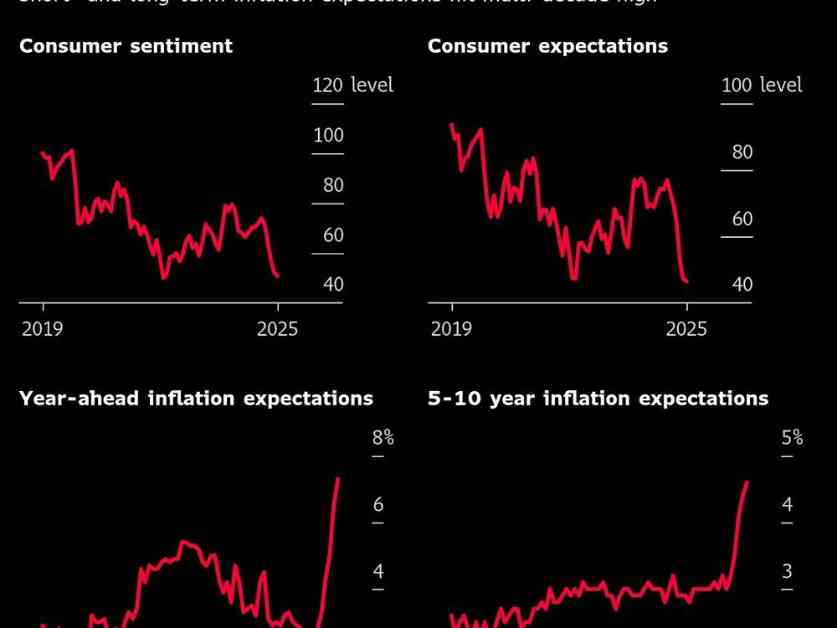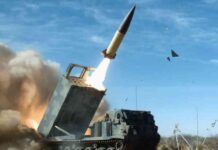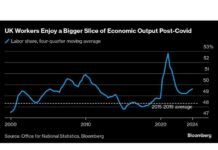China’s refusal to back down in negotiations with the US has some countries reconsidering their own strategies in trade talks with the Trump administration. The recent tariff truce between China and the US has left nations questioning whether they should take a tougher stance in their own negotiations.
The pause in negotiations has provided a structure for future talks between Washington and Beijing. Despite this, many countries that have been cooperating with the US are now contemplating a more assertive approach. The outcome of the recent Geneva negotiations has led many nations to believe that President Trump is starting to realize he may have pushed too hard.
With higher tariff rates set to take effect if deals are not reached by the end of the 90-day suspension in July, countries are beginning to reassess their positions. While officials are not openly stating a shift in strategy, there are indications that larger nations are becoming more aware of their leverage in negotiations.
The US may soon assign higher tariff rates unilaterally, as Trump has expressed that there isn’t time to negotiate deals with the numerous countries involved. This has led countries like Japan and South Korea to realize that rushing into agreements may not be the best approach. The European Union, too, is facing challenges in negotiations with the US.
The recent US-China tariff announcement has left many countries feeling uncertain about the future of trade relations. The limited gains from negotiations and the lack of a clear resolution during the 90-day truce have highlighted the complexities of dealing with the Trump administration. Despite this, nations are still navigating their positions carefully to avoid negative repercussions.
Overall, the global trade landscape is evolving, and countries are reevaluating their strategies in light of recent developments. The dynamic nature of trade negotiations requires nations to adapt and find ways to leverage their positions effectively. As the situation continues to unfold, it remains to be seen how countries will navigate the challenges ahead.






















